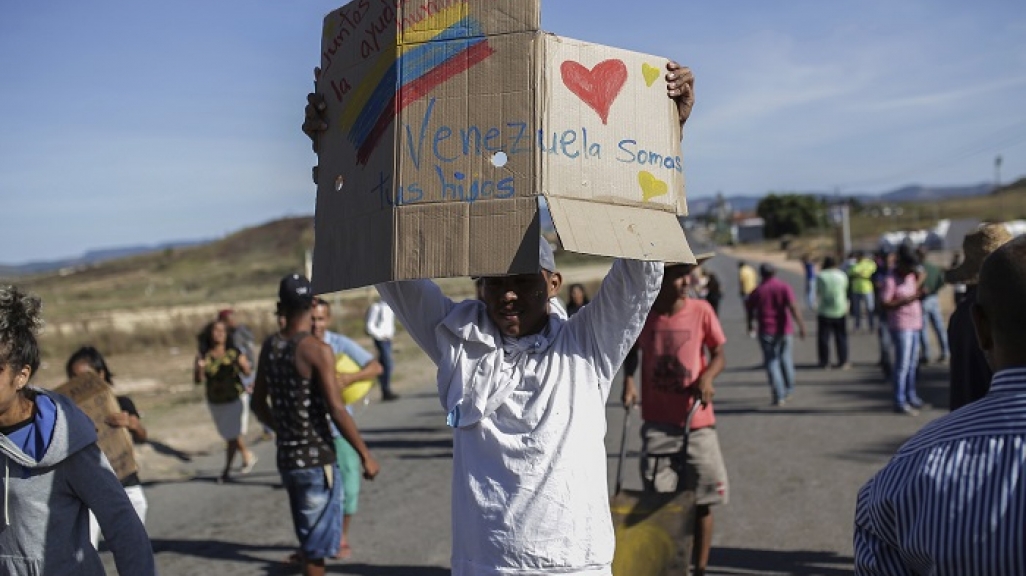What's Next for Venezuela?
What's Next for Venezuela?
"The key is to keep the Maduro regime on the defensive," writes AS/COA's Eric Farnsworth in The National Interest.
Scenes of destruction and despair were on full display worldwide over the weekend as the Maduro regime used force to deny entry into Venezuela of desperately needed humanitarian assistance, leading to increasing speculation about what comes next. Or, rather, will the United States invade Venezuela to topple the despotic regime that has ruined Latin America’s once-wealthiest economy and created Latin America’s worst humanitarian crisis in many years.
The threat of invasion has increasingly been implied, with senior U.S. administration officials suggesting routinely that “all options are on the table.” Indeed, they are, as they always are in the conduct of foreign affairs. But the implication is clearly that if Maduro and his inner circle refuse to depart, then the use of force may be employed.
Maduro plainly needs to go. His mandate as president expired on January 10, 2019, at which point he re-inaugurated himself based on the results of a clearly fraudulent election in May 2018. According to Venezuela’s constitution—a document instituted under Hugo Chavez, the founder of the so-called Bolivarian Revolution and Maduro’s political godfather—in the absence of a president the head of the National Assembly becomes the interim president and is then obligated to call for new elections. Under this scenario, Juan Guaido, the newly-installed, thirty-five-year-old head of the National Assembly, became the constitutional leader of Venezuela. The United States, the Lima Group of Latin American nations and Canada, European nations, Japan, and numerous others have now recognized Guaido as the legitimate, albeit interim, leader of Venezuela...








